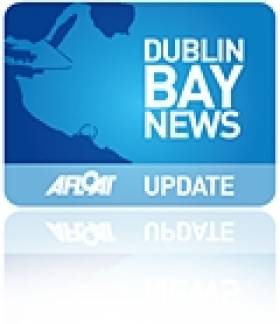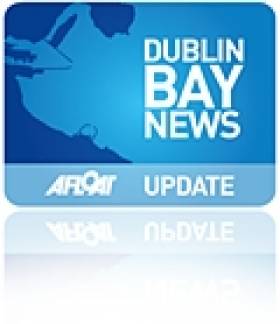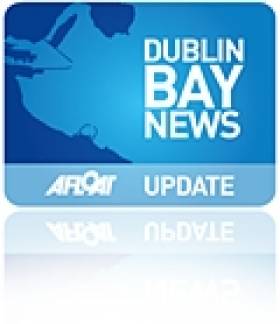Displaying items by tag: plan
€220m for 9km Pipeline to Cut Dublin Bay Pollution
Dublin City Council is proposing a mammoth 9km sewage outfall pipe to help make Dublin Bay cleaner - at a cost of €220m.
Herald.ie reports that the 5m-wide pipe - longer than the Dublin Port Tunnel - would dump effluent from the Ringsend treatment plant far offshore, thereby avoiding pollution in the bay and sensitive areas such as Bull Island, which recently lost its EU Blue Flag status for Dollymount Strand.
Plans for the project, which DCC head of waste Pat Cronin described as the "greenest and most economic solution" will be open to public consultation in the near future, with a timetable for completion by 2015.
The pipeline and redeveloped treatment plant will be funded via the Department of the Environment's water services investment programme.
Ferry Stops, 'Sea Water Baths' on the Way for Dun Laoghaire
The last Stena line ferry sailing from Dun Laoghaire featured on the RTE News headlines last night. The ferry link is stopping because of a decline in passenger numbers and the high cost of fuel, say the operators, Stena.
The report by John Kilraine, interviewed Harbour Boss Gerry Dunne who spoke about the master plan for the harbour, how the harbour company hoped that Stena could rebuild the route, the bid to attract cruise ships and the east coast port's future as a marine leisure centre.
The masterplan is to go through the planning processs piece by piece and harbour yacht clubs have concerns over aspects of the plan.
Last night's bulletin also reported the harbour company intends to open a 'sea water baths' in the harbour next year and a diaspora centre in 2013. The RTE report is here.
See also:
Ambitious Project Floated for Dun Laoghaire Harbour
Top British architects have won the commission to develop an ambitious master plan for Dun Laoghaire Harbour.
The Dun Laoghaire Gazette reports that Metropolitan Workshop have been tasked examining the feasibility of redeveloping the port to attract cruise liners carrying 100,000 passengers annually.
The plan, to be completed by the summer, is aimed at realising Dun Laoghaire's potential "as a major marine, leisure and tourism destination".
Improved public spaces linking the town and the harbour, tourism opportunities and new cultural attractions are just some of the proposals that the plan will take into consideration.
Jonny McKenna of Metropolitan Workshop old the Gazette: "Our approach is anchored in Dun Laoghaire's history and heritage. Our aim is to broaden the appeal of the harbour, both locally and internationally, as a world-class waterfront destination."
The consultation and drafting phase of the master plan will be completed by the end of this month.






























































